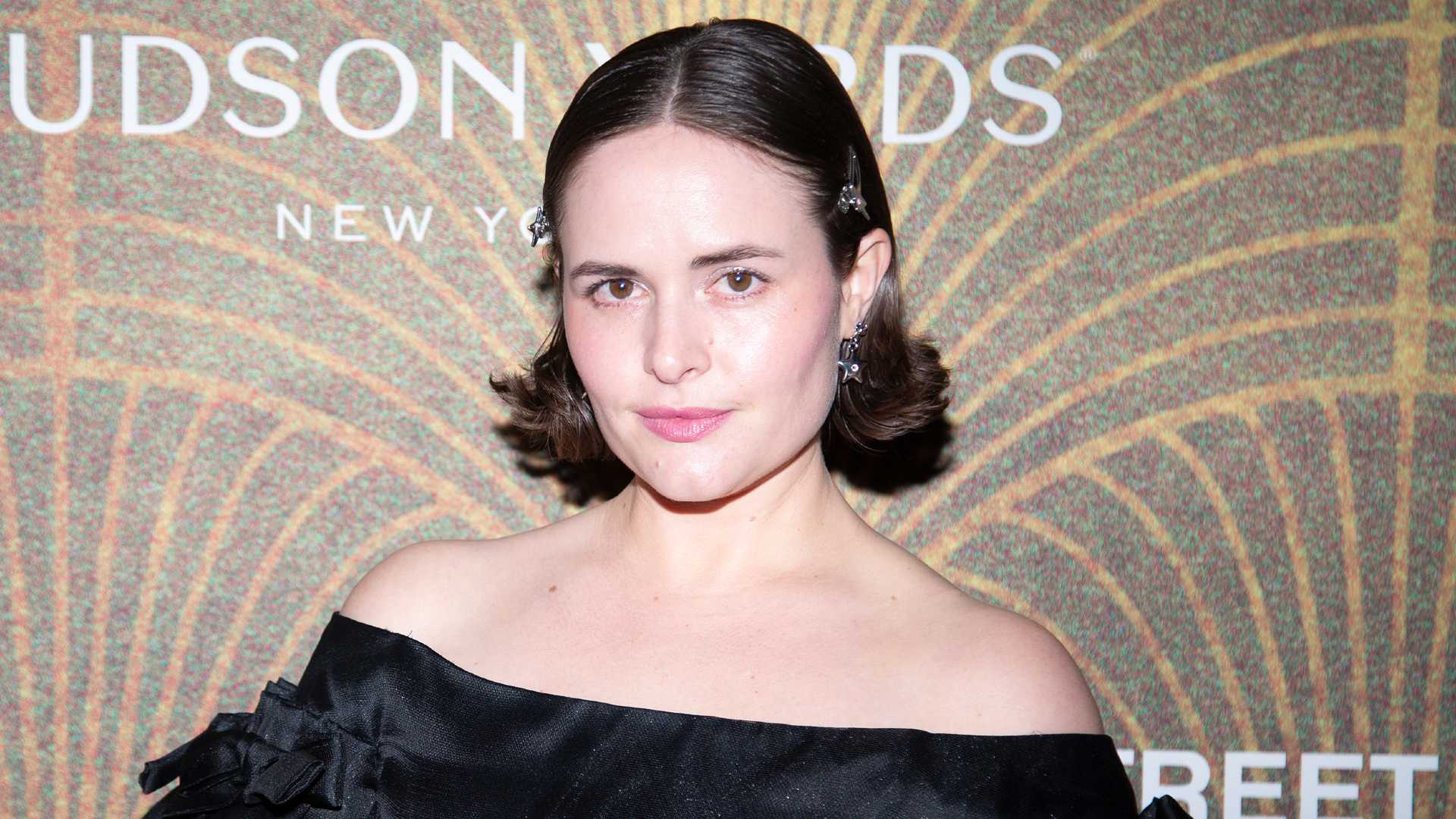Business
TikTok Dance Creator Sues Roblox Over Unauthorized Use

Los Angeles, CA — Kelley Heyer, the creator behind the viral TikTok dance to Charli XCX‘s song “Apple,” has filed a lawsuit against Roblox for allegedly using her choreography without authorization. The lawsuit, submitted on April 11, claims that Roblox generated an estimated $123,000 from the sale of the dance as an “emote” in the popular online game.
According to Heyer’s legal team, she and Roblox were engaged in negotiations to license the dance when the company released the emote before any agreement was finalized. The dance had become a sensation on TikTok, with appearances in videos by celebrities such as Kylie Jenner and Daisy Edgar-Jones.
“Kelley is an independent creator who should be compensated fairly for her work, and we saw no other option than to file suit to prove that,” said Miki Anzai, Heyer’s attorney. “We remain willing and open to settle and hope to come to a peaceful agreement.”
Heyer’s dance was linked to the music of Charli XCX’s album “Brat,” which had a strong online presence. She debuted the dance on June 15, 2024, and submitted a copyright application shortly after Roblox reached out to her about possible licensing on August 30.
The emote was added to Roblox on August 17, shortly after the song’s release, and was available for players to purchase until November 2024. Heyer contends that Roblox sold more than 60,000 units of the dance emote during that time.
“Roblox proudly advertises that its platform allows creators to ‘create, scale, and monetize,’ yet, it has prevented Ms. Heyer from the crucial monetization of her work on the Roblox platform,” her legal team stated. The dance has since been removed from the platform.
Roblox responded to the lawsuit by emphasizing its commitment to protecting the intellectual property rights of creators. A spokesperson stated, “Roblox takes the protection of intellectual property very seriously and is confident in its position and the propriety of its dealings in this matter and looks forward to responding in court.”
Heyer’s accusations underscore a growing trend of viral dances transitioning to larger platforms without proper credit or compensation for their original creators. She has also secured licensing deals with other entities, including Netflix and Fortnite.
The situation has drawn attention on social media, with users commenting on TikTok videos related to the case. Some have joked about the lawsuit, while others express support for Heyer.
As the case unfolds, it highlights the ongoing challenges that content creators face regarding copyright and intellectual property in the digital age.












